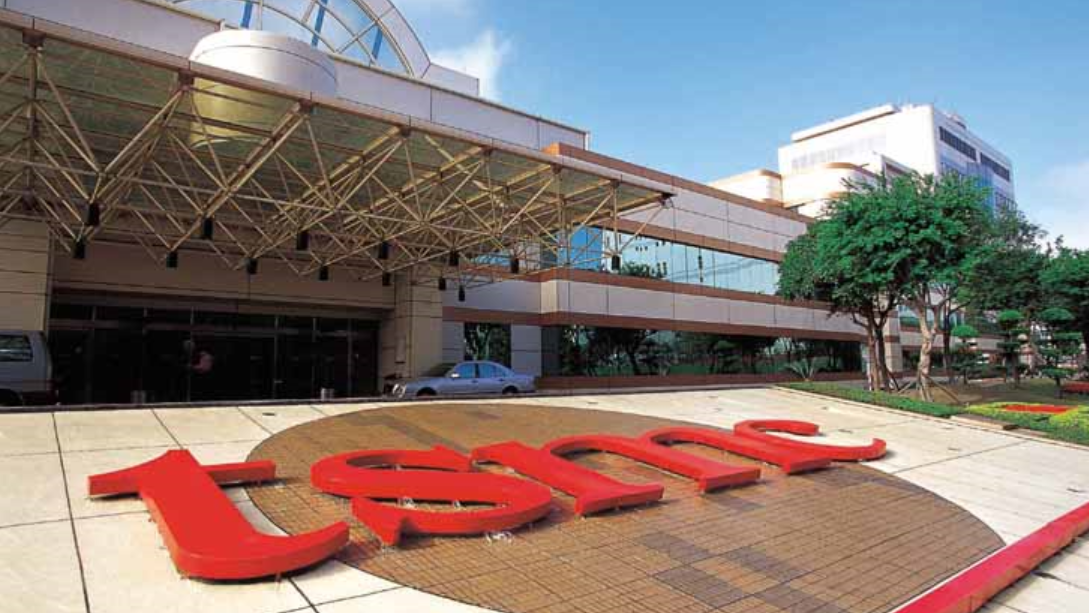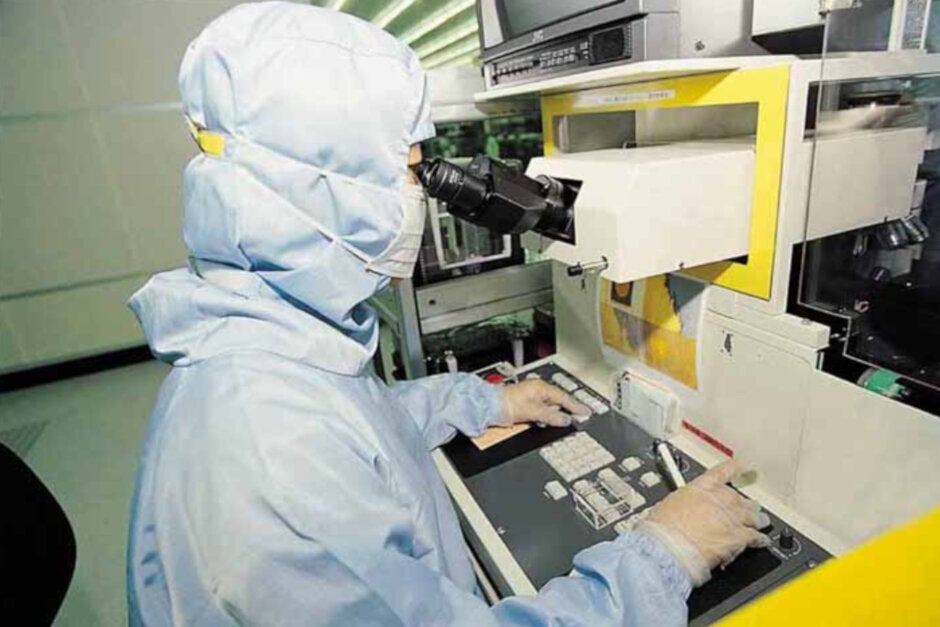TSMC developing 4nm process node for 2023

The world's largest independent foundry, TSMC, will be shipping chips made using the 5nm process node this year. These chips will contain 171.3 million transistors per square mm compared to the 91.2 million transistors per square mm that TSMC shoehorned into its 7nm components. Apple, TSMC's largest customer, is expected to be the first smartphone manufacturer to launch a line that uses 5nm chipsets. The 5G 2020 iPhone 12 series will be powered by the 5nm A14 Bionic chipset carrying 15 billion transistors each; the 7nm A13 Bionic used to power the iPhone 11 family has 8.5 billion transistors in each chip; the more transistors squeezed into a semiconductor the more powerful and energy-efficient it is.
TSMC to produce 4nm chips to help manufacturers migrate to more powerful chips at a lower price
According to Moore's Law, the observation made by Intel co-founder Gordon Moore in the 1960s and revised in the 1970s, the transistor density of semiconductors doubles every other year. Many are worried that we are coming to the end of the law's amazing run although technology such as extreme ultraviolet lithography (EUV) is helping to keep the law alive. This technology uses beams of ultraviolet light to mark up a wafer with patterns for transistor placement. Using EUV allows for more precise patterns to be created so that more transistors can fit inside a chip. Both TSMC and Samsung Foundry, the second largest contact foundry on the planet, have roadmaps taking chip production to the 3nm node in about three years. The transistor density at 3nm works out to 300 million transistors per square mm.

TSMC will start shipping 5nm chips this year
Earlier today we told you that TSMC might begin mass production of 3nm chips as soon as 2022 in time for the A16 chipset to be manufactured using the 3nm process. That chip would be expected to debut on the iPhone 16 line. But TSMC also appears to be developing a viable process node between 5nm and 3nm. According to MyDrivers, on Tuesday TSMC CEO Liu Deyin spoke at the annual stockholders' meeting and said that the company will mass-produce chips using a 4nm mode by 2023. This "N4" process will be an enhanced version of TSMC's most cutting-edge 5nm process called "N5P."
The foundry did something similar with its cutting-edge 7nm N7+ process to develop the 6nm N6 process node. This has the advantage of providing improvements in performance and energy consumption while the design remains compatible with the previous generation chips. This allows manufacturers to migrate more easily to a more powerful chip at a better price.
Last month TSMC said that it was building a multi-billion dollar facility in Arizona that will produce 5nm chips starting in 2023. Of course, by then the company could be rolling 3nm chips off of its assembly line back home. Meanwhile, TSMC is involved in the latest attempt by the U.S. government to punish Huawei for its perceived ties to the communist Chinese government. Under new export rules announced on May 15th, exactly one year to the day that Huawei was placed on the U.S. Entity List, a change in export rules was announced. Under these new rules, foundries like TSMC that use U.S.-based equipment to produce chips must obtain a license from the U.S. in order to ship semiconductors to Huawei. The latter is TSMC's second-largest customer after Apple and the foundry was supposed to ship it 5nm Kirin chipsets to the manufacturer later this year to power its Mate 40 flagship series.
The U.S cut Huawei a break by allowing TSMC to ship chips made from wafers already in production as of May 15th. However, these chips must be shipped no later than 120 days from the start of the rule change which means that the foundry has until the middle of September to deliver these cutting-edge semiconductors to Huawei. That could give the company enough 5nm chipsets to produce all of the Mate 40 phones that it wants to make this year. But once 2021 begins, it will be a whole new ball game for the manufacturer and not in a good way either.
TSMC has made it clear that it will abide by U.S. rules even if it means throwing its second-largest customer under the bus.
Follow us on Google News














Things that are NOT allowed:
To help keep our community safe and free from spam, we apply temporary limits to newly created accounts: